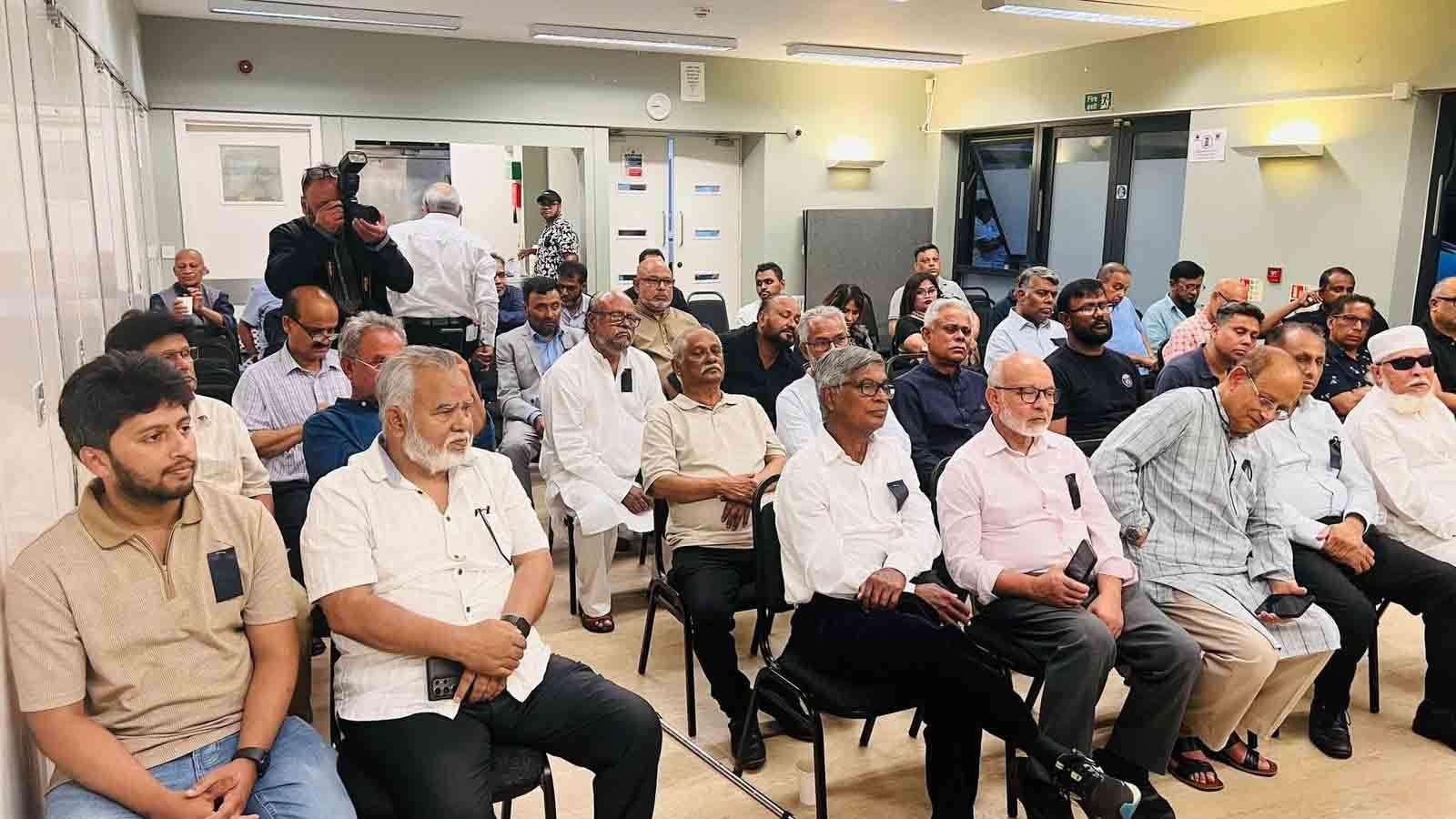A recent YouGov poll has shed light on varying attitudes towards first cousin marriages across British communities, indicating a significant divide in opinions, despite a strong overall sentiment for outlawing the practice. The findings highlight that British Bangladeshi and Pakistani communities show the highest levels of support for these unions, sparking renewed debate on cultural practices, genetic health, and legislative approaches in the UK.
The poll reveals that 39 percent of British Bangladeshi and Pakistani individuals believe first cousin marriages should be legal. This stands in stark contrast to just eight percent of white Britons, nine percent of Indian Britons, and six percent of black Britons who share this view. While 47 percent of the Bangladeshi and Pakistani community surveyed oppose the practice, the data underscores a notable difference compared to the broader UK population. A significant majority, including 77 percent of white and Indian Britons and 82 percent of black Britons, advocate for making first cousin marriages illegal.
Currently, UK law permits marriage between first cousins, a practice distinct from the prohibition on unions between closer relatives like siblings or half-siblings. The prevailing approach in the UK is 'genetic counselling,' where couples who are first cousins are educated about the potential risks to their offspring and offered additional prenatal checks. Medical experts estimate that children born from first-cousin unions face a six percent chance of inheriting a recessive genetic disorder, twice the risk of the general population.
The debate around legal reform is intensifying. Conservative MP Richard Holden previously introduced a private members' bill aimed at banning first cousin marriages, aligning them with other prohibited close-kin marriages. However, this proposal has met with caution from some, who argue that an outright ban could stigmatise individuals already in such marriages.
Independent MP Iqbal Mohamed, who drew criticism for defending cousin marriage last year, advocates for a "more positive approach." He suggests advanced genetic testing for prospective married cousins as a more effective solution to address health concerns, rather than a blanket ban. This view is echoed by Professor Dominic Wilkinson, an NHS neonatologist and ethics expert at the University of Oxford, who deems a ban "unethical." Professor Wilkinson supports offering special NHS screening to such couples, which can cost £1,200 privately, to help them make informed decisions about having children by identifying carriers for genetic conditions like cystic fibrosis.
Data from 2023 indicated a significant prevalence of cousin marriages in certain areas. In three inner-city Bradford wards, 46 percent of mothers from the Pakistani community were married to a first or second cousin. Nationally, the estimated rate for cousin marriages among Pakistani couples was 37 percent a decade ago, a figure that has since decreased, attributed to factors such as higher educational attainment, stricter immigration policies, and evolving family dynamics. In comparison, only one percent of white British couples are in cousin marriages.
Geographically, the poll found that support for first cousin marriage was highest in London (15 percent), followed by the North (12 percent) and the Midlands (10 percent). The South of England and Wales showed the least support, at six and seven percent respectively.
Historically, first cousin marriages were common among British royalty and upper classes, serving to consolidate alliances and retain wealth within families. Despite the ongoing discussion, there is currently no official tracking of cousin marriage rates in the UK, with local councils not recording such data. Globally, Pakistan has one of the highest rates of cousin unions at 65 percent, followed by Saudi Arabia (50 percent), Afghanistan (40 percent), Iran (30 percent), and Egypt and Turkey (20 percent).
British Bangladeshi Community: Demographics and Birth Rates
The British Bangladeshi community is one of the fastest-growing ethnic minority groups in the UK. According to the 2021 census, the Bangladeshi-descent community in England and Wales numbered 644,881 people, comprising 1.1% of the total population. This marks a significant increase from 447,201 (0.8%) in 2011 and more than double the size from 283,063 (0.5%) in 2001.
In terms of birth rates, the Office for National Statistics (ONS) reported that Bangladeshi women gave birth to 7,007 newborns in 2022, placing Bangladesh 6th on the list of non-UK-born mothers. While specific fertility rates by ethnicity are not regularly published, the overall trend for non-UK-born mothers showed an increase from 179,726 in 2021 to 183,309 in 2022. This rise was driven by an increase in births to non-EU-born mothers. The British Bangladeshi community has a relatively young median age of 27 years, compared to 43 years for the white population and 32 years for the wider British Asian population, which can contribute to higher birth rates.

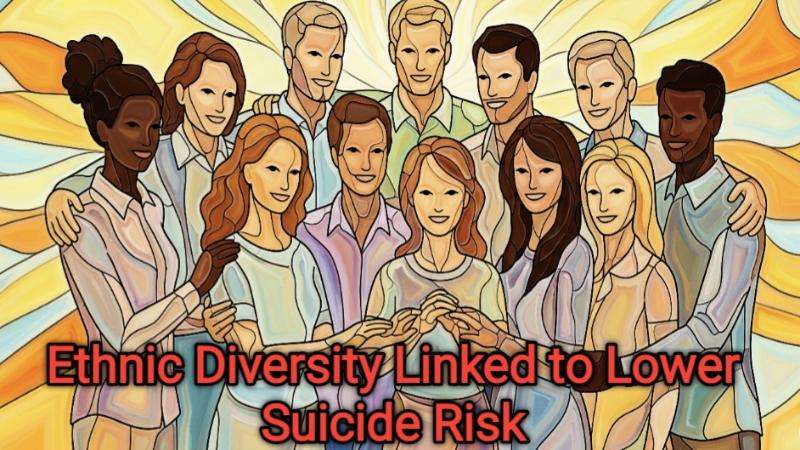

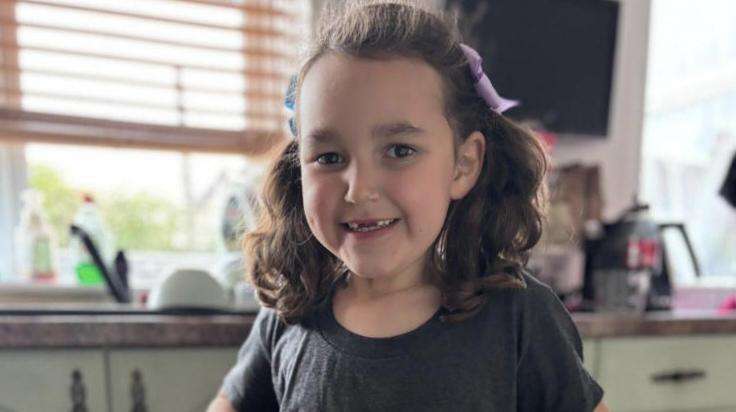
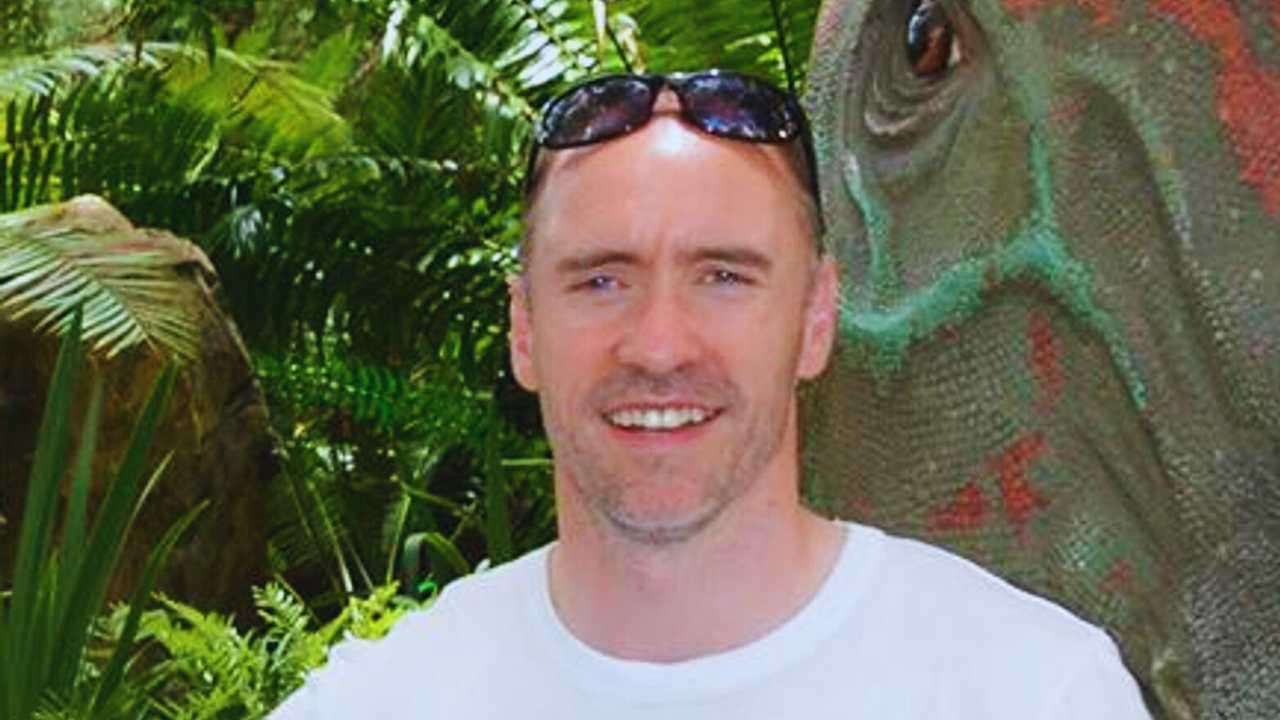



.svg)

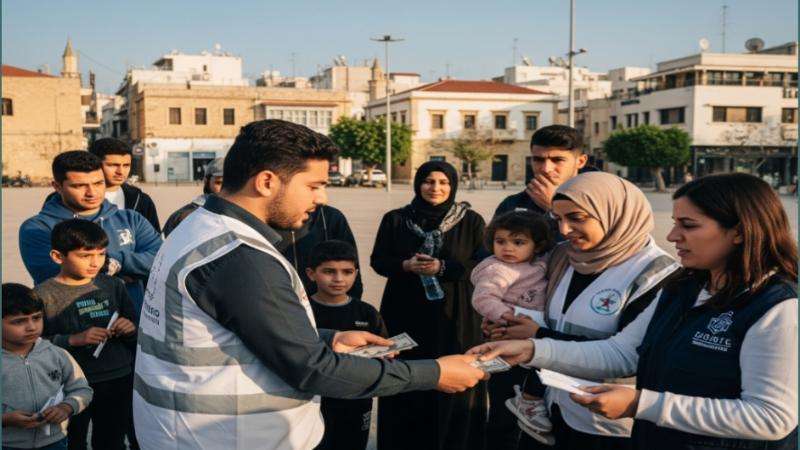


_1.jpg)
